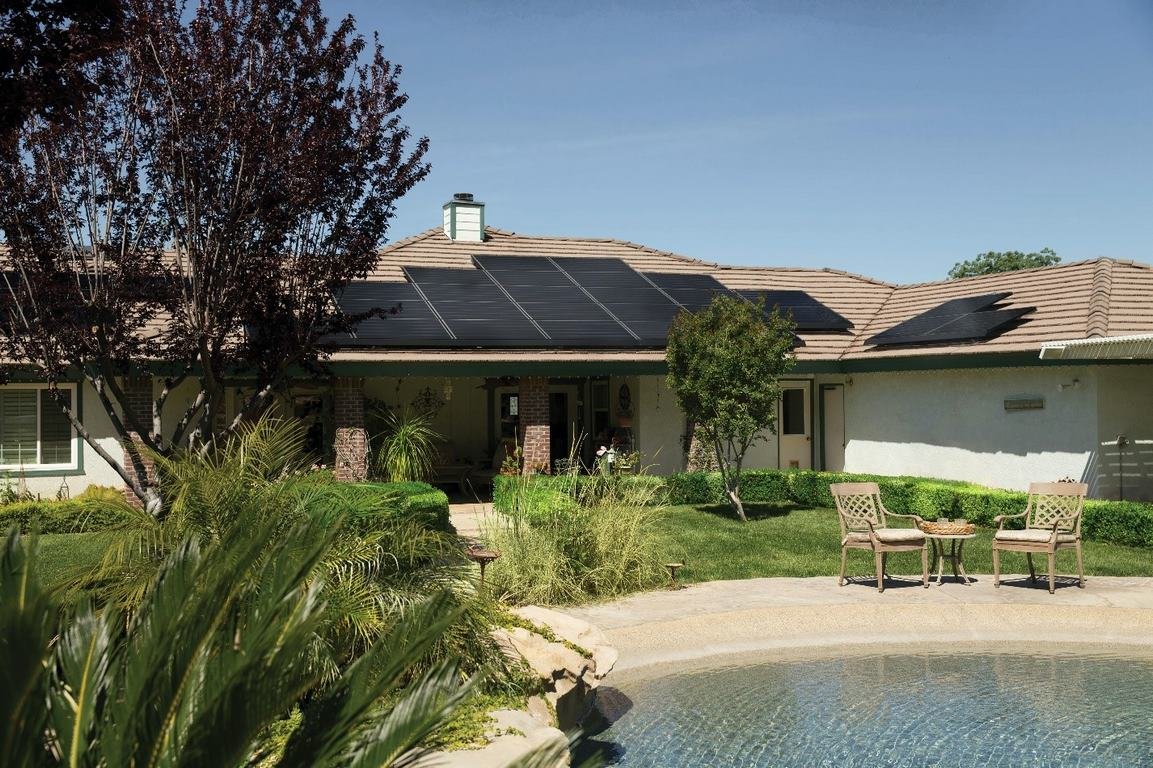Table of Contents Show
In the post-fossil fuel era, more and more people are converting their homes into renewable energy systems.
Have you considered solar panels? In this article, we’ll discuss some tips on maximizing their effectiveness from a design standpoint and potential savings during usage!

The earth is a nuclear power plant delivering 1000s of terawatts to humans, but we’re only using 17.7%! The sun has more than 173 thousand times the amount needed for our daily needs, and it will provide stability in performance over billions of years by just harnessing this energy creatively.
The sun is a constant source of power for our planet. We can capture this energy in many ways, such as through solar cells, which convert it into electricity and use it throughout homes or businesses alike! Solar has been an affordable way to provide clean, renewable resources that are eco-friendly and save money on your electric bill each month. So what’s not to love about that!?
Solar Cell Efficiency Improvement Over the Years
The world of solar energy is evolving, with innovations every day. One such advancement relates to efficiency levels and how breakthroughs in science and engineering can be improved upon over time.
For example: while early monocrystalline cells had an efficiency rating of 2%, today’s lab-equipped cell has been rated 26%. And this number may climb even higher when it comes down to commercial production.
Due to high efficiency around the globe, the solar panel installation business is soaring, with companies having well-established websites.
Unlike past, today, you can effortlessly search online about the best solar panel installation companies in your country with a simple query.
For instance, New Zealanders may search “solar panels NZ” and Voila! A long list of companies in their country will appear on the screen with their contact details. The same goes for other countries.
Invest in Good Quality Solar Panels
All solar cells work on the exact mechanism; a panel receives the sun’s energy, a controller regulates this energy flow, an inverter and battery store the excess power.
However, all solar panels are not the same when it comes to material quality and structure, which further determines their quality and costs.
Most solar cells available in the market consist of crystalline silicon photovoltaic cells. In them, the silicon’s purity significantly impacts the quality and output of the cells.
You can choose a monocrystalline cell that is efficient or a polycrystalline cell that is cost-effective.
Both are viable options, but monocrystalline are better suited for high summer temperatures. Overall, a highly efficient solar panel will help you achieve sustainability and savings on utility bills.
Read Also:
Avoid Installing the Solar Panels Under the Shade
The idea of installing solar panels is to allow sunlight to fall on them unobstructed; therefore, it perfectly makes sense that shades will harm electricity production.
A shade is not necessarily equal to clouds because they do not entirely block the sun, so even then, solar panels can create the conversion.
Most people do not understand the impact of shade on the efficiency of solar panels when placed in a series. In reality, when a photovoltaic cell is under the shade, it impacts the working on others aligned to it by acting as a resistor.
Therefore, when installing solar panels on the rooftop or in your garden, ensure they are not shaded by trees and other buildings towering over them.
Consequently, site analysis is an essential factor to consider in the whole solar panel adjustment process to ensure your project’s success.
Additionally, the solar panel’s tilt angle can also impact its effectiveness. The generally recommended tilt angle is 28°–30°, which improves solar panels’ efficiency even in the long run.
Do not use Multiple Devices at a Time
The total electricity consumption in the house also affects the effectiveness of solar panels; therefore, the system’s capacity is not the only factor needing your attention.
You can considerably improve the efficiency by keeping the power usage at a moderate level, reducing the excessive load on this energy source, and storing the surplus energy in a battery backup for night-time usage.
Hence, it will eliminate your dependence on traditional grid power. An easier way is not to use multiple high-power devices like a vacuum cleaner, hairdryers, dishwashers, and irons simultaneously. A small effort on your part can significantly improve the life and efficiency of solar cells in your house.
Ensure Regular Maintenance
Just like other systems in the house need regular upkeep, so do the solar panels for maximizing their efficiency. Since your solar panels do not contain any moving parts, they may require less maintenance, but you must keep them clean.
Common obstructions, including bird droppings, leaves, and dust, can impact their working considerably. In areas with very little rain, the output decline can reach 20% because of dust and debris constantly accumulating on the panels. You can add bird proofing for solar panels just to be safe
Conclusion
Solar panels have moved far ahead from just being a trend to becoming the need of the hour due to their clean-green nature.
Coal-fired plants significantly contribute to climate change due to rampant greenhouse gas emissions; hence solar cells are a sustainable option.
However, when using solar panels, take the steps mentioned above to improve their efficiency, save a lot on utility bills, and maximize the life of the solar panel system.









